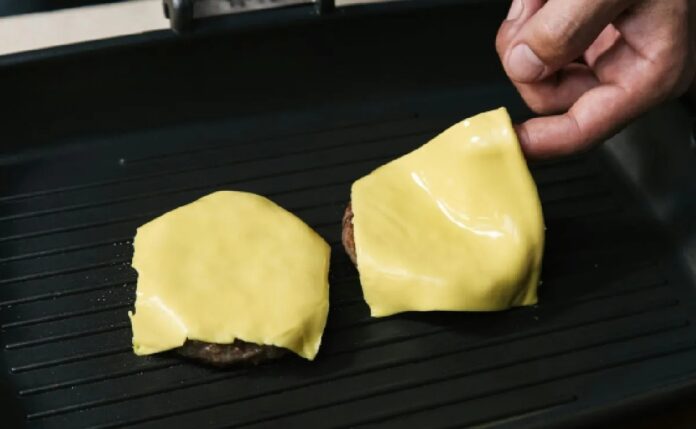Yellow cheese is a staple in many Mexican households, often used in hamburgers, sandwiches, and snacks. However, a recent quality study by the Federal Consumer Protection Agency (Profeco) has revealed that several brands of yellow cheese do not meet the expected quality standards, sparking a debate about what we are really consuming.
According to the study published in Consumer Magazine, several brands of yellow cheese contain ingredients that are not typical of authentic cheese, such as starch, vegetable fats, and water. These additions not only compromise the quality of the product but also deceive consumers who expect to purchase a nutritious and genuine food item. Profeco urges consumers to be more vigilant when selecting dairy products.
While the study highlights the brands that fail to meet quality standards, it also provides essential tips for identifying high-quality yellow cheese. With these guidelines, consumers can make informed decisions and better protect their health and that of their families.
Brands to Avoid
Profeco’s study evaluated 40 different products, analyzing criteria such as consumer information, name, and presentation. The following brands were found to fall short of quality standards:
– Nutri: Contains ingredients not typical of authentic cheese.
– FUD
– Little Red Riding Hood
– Kraft Singles American Light
– Zwan Premium American Reduced Fat
– Biolac Dairy
– Dutch Farms
– Franja
– El Campanal
These products were flagged for containing ingredients like vegetable fats and starches, disqualifying them as quality options.
How to Identify Authentic Yellow Cheese
To ensure you are purchasing a quality yellow cheese, Profeco recommends carefully reading the list of ingredients. Authentic cheese should contain simple elements such as milk, salt, lactic cultures, and rennet. If you find additives like starches, vegetable oils, or artificial coloring, it is likely a processed cheese.
Another key indicator is texture. Natural cheese tends to be firm and may have cracks or an irregular appearance. In contrast, processed cheeses are usually uniform, soft, and flexible. Color is also a factor: natural cheeses have faint or irregular yellow tones, while processed cheeses tend to have a deep, homogeneous yellow.
By following these guidelines, consumers can make better choices and ensure they are bringing home a genuine and nutritious product.
Source: Debate




